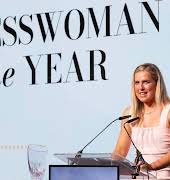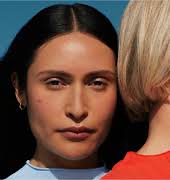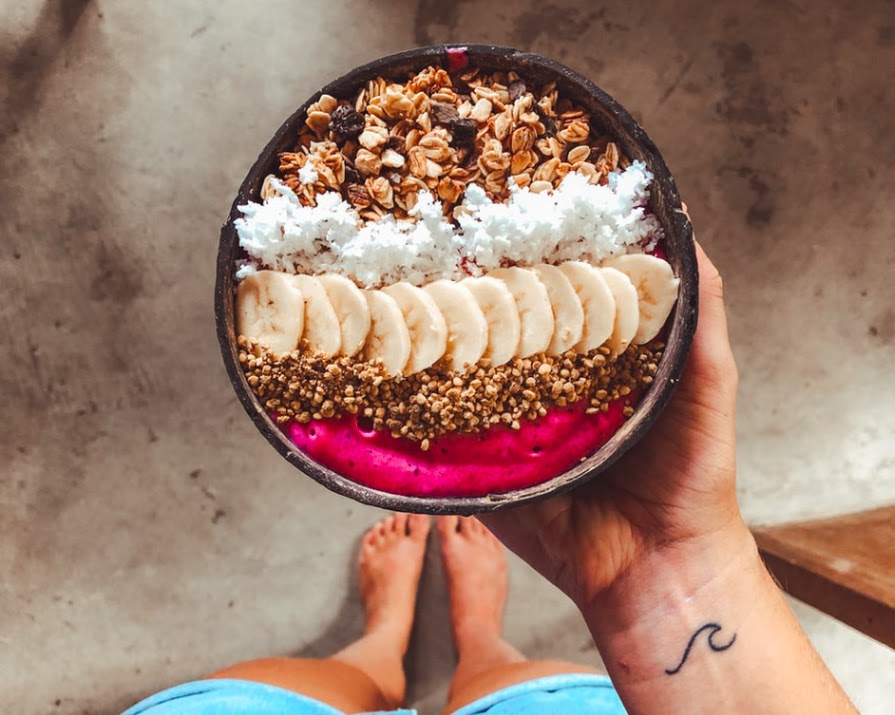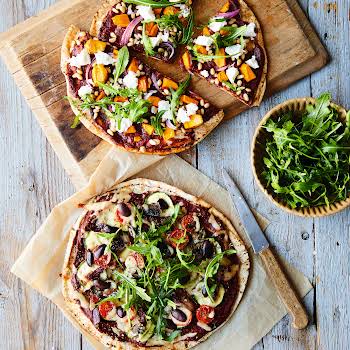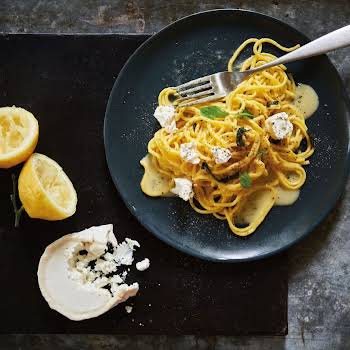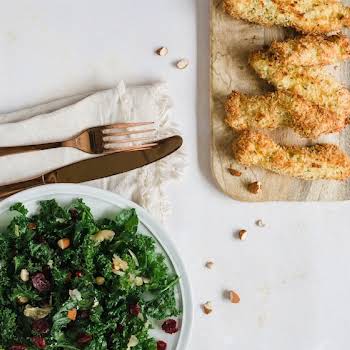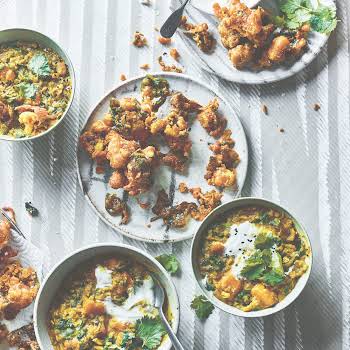
‘Clean eating’ is one of many social media trends perpetuating unrealistic ideals of purity and perfection. But it can often masquerade as something a lot more sinister.
“It’s been this weird secret that I’ve felt a little bit embarrassed about; a little bit ashamed of; a little bit worried about. I’m still worried now – what people are going to think when I tell this story and share this side of myself? I had that on/off for a good decade of my life.”
Fearne Cotton has nothing to be ashamed of.
Speaking on the ‘How to Fail’ podcast with Elizabeth Day, she revealed how she suffered with an eating disorder for over a decade. Afterwards, she took to her own social media to write: “It feels perhaps slightly odd that I haven’t addressed the situation on my own channels. Maybe I’m still a little scared to talk about it openly. Yet I am getting there.
“It was actually a big relief to talk about my twenties where I suffered with bulimia for a decade. I had some wonderful times in my twenties but I also had a lot of stuff to figure out and sometimes the strangeness of my job and pressure I was under felt too much,” she said.
“I’ve encouraged honesty in my books and own podcast series so I really felt it was time to start facing my own truth and so far, it feels more of a relief than anything else.
“My reaction to that decade has been to dedicate myself to health and eating well and lowering stress in my thirties,” Fearne said.
Dedication to health
It is a brave move to speak out about something so personal. But as part of her dedication to her health, the TV presenter and radio personality also released a vegan cookbook called Happy Vegan.
A contradiction of sorts, Fearne admits that she isn’t vegan herself, but tries to eat as plant-based as possible.
But some have criticised Cotton for peddling the commercial side of a healthy “clean eating” lifestyle, while herself having had an “unhealthy” relationship with food in the past.

Deception
Journalist Eve Simmons wrote a controversial column calling out celebrities that endorse so-called “healthy” lifestyles while not living up to the standards they advocate.
“In my early 20s, I was diagnosed with, and received treatment for, anorexia,” Simmons wrote for the Mail Online. “It was a fixation, with questionable advice from wellness gurus like Fearne that fed my mental illness. And I wondered, as I listened to her confession, was there just something different about eating disorders that is particularly unpalatable, and shameful?
Why is it that public figures are reluctant to discuss their eating problems with the same openness as they are other mental health issues?”

In Simmons’ blog, she argues that ‘influencers’ like Fearne have a responsibility to be honest about having problems with food.
“Because each time I hear a noteworthy person has sat on their eating disorder – Fearne isn’t the first – as if it were some salacious, heinous crime, it sparks a quiet, uncomfortable thought: so it is dirty/gross/embarrassing after all? I am dirty/gross/embarrassing after all?”
In other words, is there a hierarchy for the mental health disorders that celebrities feel gets more traction?
Good vs bad
We know that labelling some food as “clean” while others are “dirty’ can have dangerous consequences. A new term has begun to surface, an eating disorder of sorts called ‘orthorexia’ – a pathological obsession for a pure and healthy diet.
Restricting certain types of food and eating in an obsessive way can often be overlooked as a problem relationship with food, because the perception of certain foods as ‘good’ and ‘bad’, and viewing food as an ethical issue, is often accepted and even endorsed by society.
Sarah* received in-patient treatment for anorexia five years ago. In the clinic she attended, she wasn’t allowed to follow a vegan diet. She says that when she left the clinic, she was adamant that her diet choices were respected. “Saying I was vegan was an excuse,” she now admits, having been in recovery for over two years.
“It gave me a very widely accepted reason to restrict ‘unhealthy’ foods. I was able to avoid typically fatty foods like dairy without anyone really seeing it as a bad thing.”
Controlling what we eat
Of course, being vegan or choosing to eat a healthy, unprocessed diet does not a food disorder make. However, those prone to disordered eating can often be triggered by the current social media obsession with controlling what we eat.
A UK study, carried out in 2013, found that about half of those with anorexia reported following some form of vegetarian diet, compared to around 2 per cent of the UK population.
More than two thirds of participants with a history of eating disorders and vegetarianism agreed that, for them, there was a relation between vegetarianism and their eating disorder, and many said following a vegetarian diet helped them lose weight, maintain their eating disorder and provide another way to cut calories and feel in control.
In another study, dietitian Fredreike Barhels said that setting such strict rules around what you eat can become problematic.
“One might drift from a vegan or vegetarian diet into an eating disorder, but I think that a vegan/vegetarian or orthorexic way of eating might also be a coping strategy for people suffering from a severe eating disorder,” he told the Independent.
You can’t claim to be one thing in the public eye for commercial reasons and be another privately.
Influenced
When celebrities or ‘influencers’ weigh in, what they say holds a lot more clout for the more impressionable amongst us. That suggests they have more of a responsibility when it comes to delicate issues — in what they say and what they sell.
In Cotton’s case, it was the large juxtaposition between being the poster child of a healthy eating empire while concealing a previous eating disorder, that upset so many.
Eve Simmons got a lot of angry comments, accusing her of shaming Fearne Cotton in her controversial blog. But, she says, she also got other messages from people pointing out that you can’t claim to be one thing in the public eye for commercial reasons and be another privately. They said they felt duped.
“I was inundated with messages from people who thanked me for saying what they wanted to say. One summed it up pretty well: ‘It’s wrong to sell us lies about eating whatever they like and staying thin. Women like that in the public eye make the average person think, “Why can’t I be like that, why can’t I get it together?”
Another agreed: ‘These celebrities say they got the way they look by just eating healthily but they didn’t, they did it through an eating disorder. You’re right to have pointed it out.’ Another read: ‘When I listened to that podcast I cried… it evoked feelings that we are right to be ashamed.'”
It begs the question: are veganism and vegetarianism lifestyles rather than diets? Ethical issues rather than aesthetics?
Diet trends like juice cleanses, diet pills, metabolism-boosting ingredients, good food versus bad food, usually start off with a healthy reasoning behind them. We know now that many of them end up being the propelling force behind a vicious dieting cycle. And those in the spotlight need to be mindful of that.
And while opting for the healthy choice is often simply just that, there will always be those susceptible to having a distorted approach to such controlled eating.

